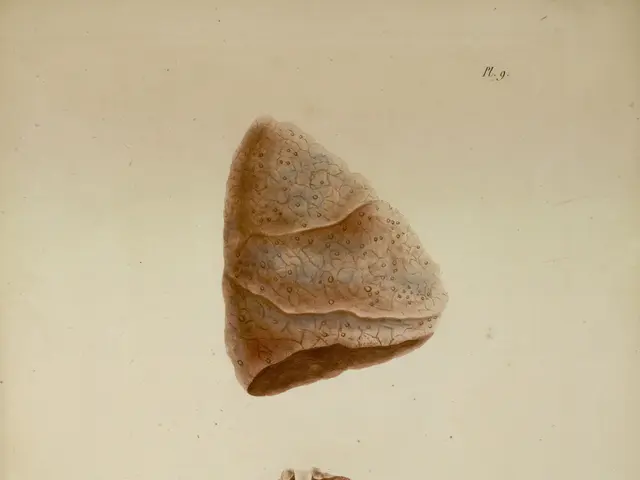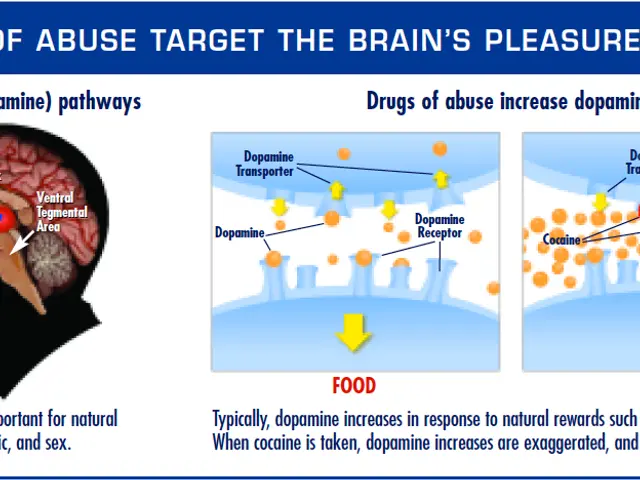2025 Nobel Prize in Medicine Honors Pioneers of Immune Tolerance
The 2025 Nobel Prize in Physiology or Medicine has been awarded to Mary E. Brunkow, Fred Ramsdell, and Shimon Sakaguchi for their groundbreaking research on the human immune system. The trio's discoveries have revolutionised understanding of immune tolerance and opened avenues for new treatments.
Sakaguchi, an immunologist at Osaka University, was the first to uncover a crucial class of immune cells that safeguard the body from autoimmune diseases in the 1990s. Brunkow and Ramsdell, working together in 2001, identified the Foxp3 gene mutation, which causes the severe autoimmune disorder IPEX in humans. Their collective work demonstrated that immune tolerance is maintained not just in the thymus, but also in peripheral tissues through regulatory T cells.
The laureates' findings have led to significant advancements. Their research has facilitated the development of new therapies for cancers and autoimmune diseases, and has practical implications for organ transplants by improving graft acceptance.
The Nobel Prize in Physiology or Medicine 2025, worth 11 million Swedish kroner (approximately $1.17 million), will be shared among Mary Brunkow, Fred Ramsdell, and Shimon Sakaguchi. Their pioneering work continues to shape our understanding of the immune system and pave the way for innovative treatments.
Read also:
- FDA's Generic Mifepristone Approval Sparks Pro-Life Concerns Over Safety and States' Rights
- Understanding Child Development: Causes and Signs of Delays
- Pope Francis' New Book 'Let Us Dream' Offers Unity and Hope for Post-Covid World
- Stephanie Estremera Gonzalez: From Medical Assistant to Residential Manager at The Point/Arc








